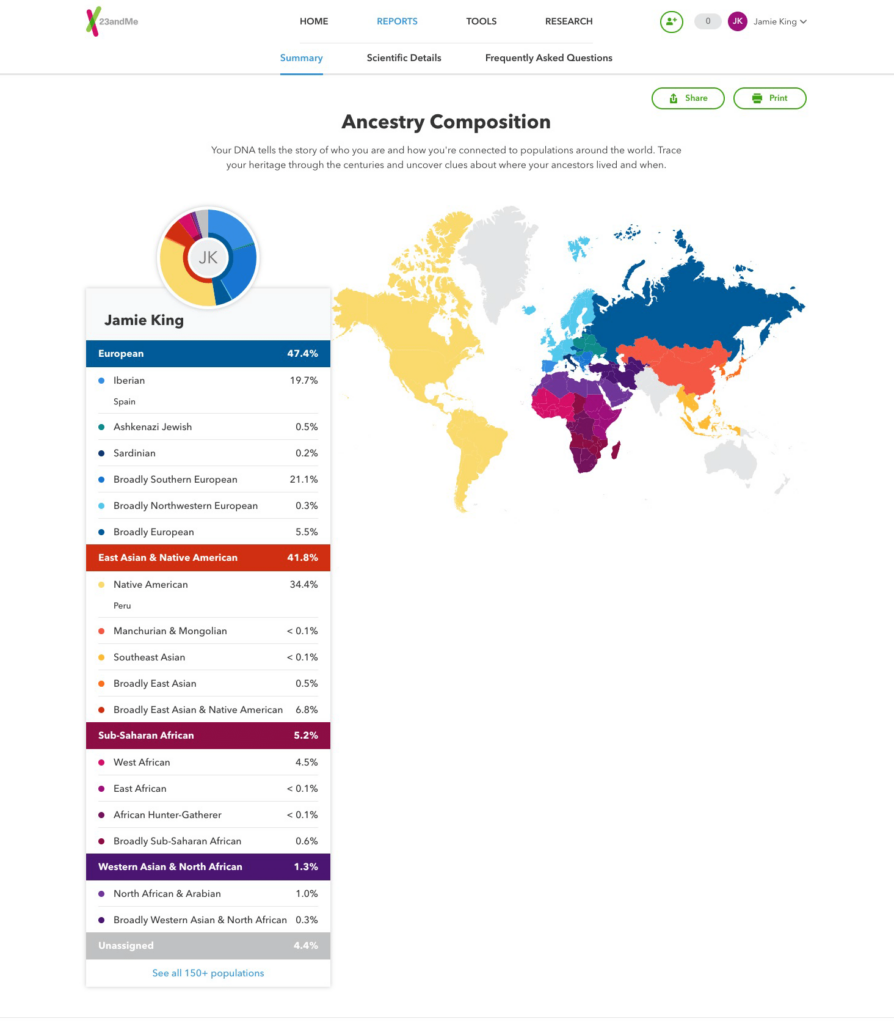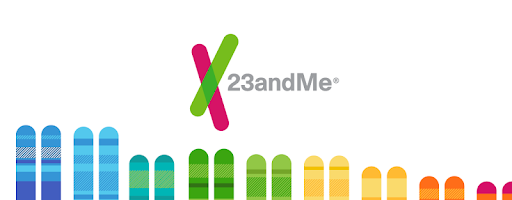Update 28 March 2025: Users rush to delete their personal data after court validates genetic data sale; 23andMe web traffic spikes.
Learn How to Delete Your Genetic Data from 23andMe
Millions of people used 23andMe to uncover their ancestry and health insights. Those same users face a different kind of surprise: their genetic data might soon be sold. The once-popular genetic testing company has filed for bankruptcy and is looking for a buyer—raising serious questions about what happens next to its most valuable asset: your DNA.
What’s Happening & Why This Matters
San Francisco-based 23andMe has filed for Chapter 11 bankruptcy protection and announced plans to sell the company. With over 15 million users, the genetic testing firm built its brand by offering detailed ancestry reports and health analysis. However, a failed business model, declining public trust, and market saturation forced it into financial collapse.
What makes this bankruptcy case especially sensitive is the nature of the company’s product: genetic information. Unlike most data breaches or privacy risks, DNA carries deeply personal, permanent insights—everything from ancestry to potential future health risks. With 23andMe seeking a sale, that data could be transferred to a new owner.
The company says nothing will change in how it protects user data during the sale process. Board chair Mark Jensen emphasized that “data privacy will be an important consideration in any potential transaction.” Still, users and experts worry that things could shift dramatically once a new owner takes over.

California Attorney General Rob Bonta issued a consumer alert urging users to consider deleting their accounts. “There are health insurance companies that are interested in this data, and there are life insurance companies that are interested in this data,” Bonta told ABC News. Although 23andMe’s privacy policy claims not to sell identifiable user data, it also says that terms can change anytime.
University of Iowa law professor Anya Prince explained that while the Genetic Information Nondiscrimination Act (GINA) prevents some discrimination, it doesn’t cover everything. Life insurance companies and other entities could still find ways to leverage genetic information.
Adding to privacy fears is 23andMe’s history. The company has shared data with law enforcement when legally required, and although it currently requires a valid warrant, policies could change. Plus, the service has been hacked before, exposing customer information.
Users are now taking action. Deleting data involves logging into your 23andMe account, going to “Settings,” and permanently deleting your genetic data under the “23andMe Data” section. You can also request the destruction of your saliva sample and withdraw from research programs.
Some users have faced technical glitches while deleting their data, likely due to increased traffic. Attorney General Bonta acknowledged these challenges but encouraged persistence.

The big concern now is who will buy 23andMe and what they will do with the data. Prince says, “Theoretically, the new company could have a similar ethos that the consumer feels good about, but the new company might have a completely different ethos.”
TF Summary: What’s Next
As 23andMe prepares for sale, the fate of millions of genetic profiles hangs in the balance. While the company claims it won’t change its data practices, any new owner could. For users, the safest move may be to delete their data now before new terms are in place. The future of commercial DNA testing is facing its toughest privacy reckoning yet.
— Text-to-Speech (TTS) provided by gspeech


